Buying a new car is an exhilarating experience. It’s easy to get caught up in the excitement of buying a new vehicle, but it’s not necessarily the smart choice. Some people consider buying a new car a financial trap based on the long-term financial implications. Based on these 24 reasons, do you agree? Or do you think we should throw caution to the wind and buy that shiny new car?
#1. Immediate Depreciation
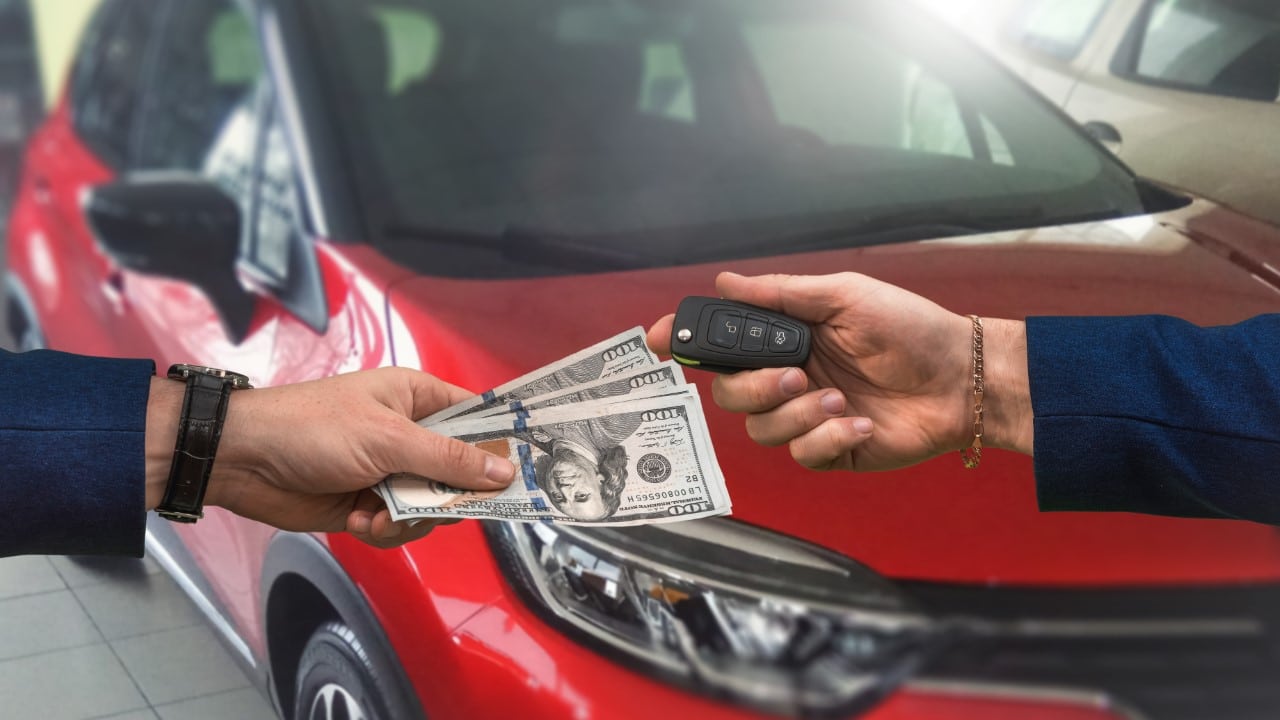
Image Credit: Shutterstock.
The moment you drive a new car off the lot, it loses a significant portion of its value – as much as 20% to 30%. This instant depreciation is a substantial financial hit that you’ll never recover, even if you decide to sell the car soon after. It’s like watching a chunk of your investment evaporate before your eyes.
And it’s the main reason I’ll never buy a brand new vehicle. I just can’t stand the thought of immediately losing that much money on what is essentially, in my humble opinion, a vanity purchase.
Unlike real estate, which often appreciates over time, cars are depreciating assets. The steep decline in value continues as the car ages, making the purchase of a new vehicle a less-than-ideal investment for your hard-earned money.
#2. Higher Insurance Costs
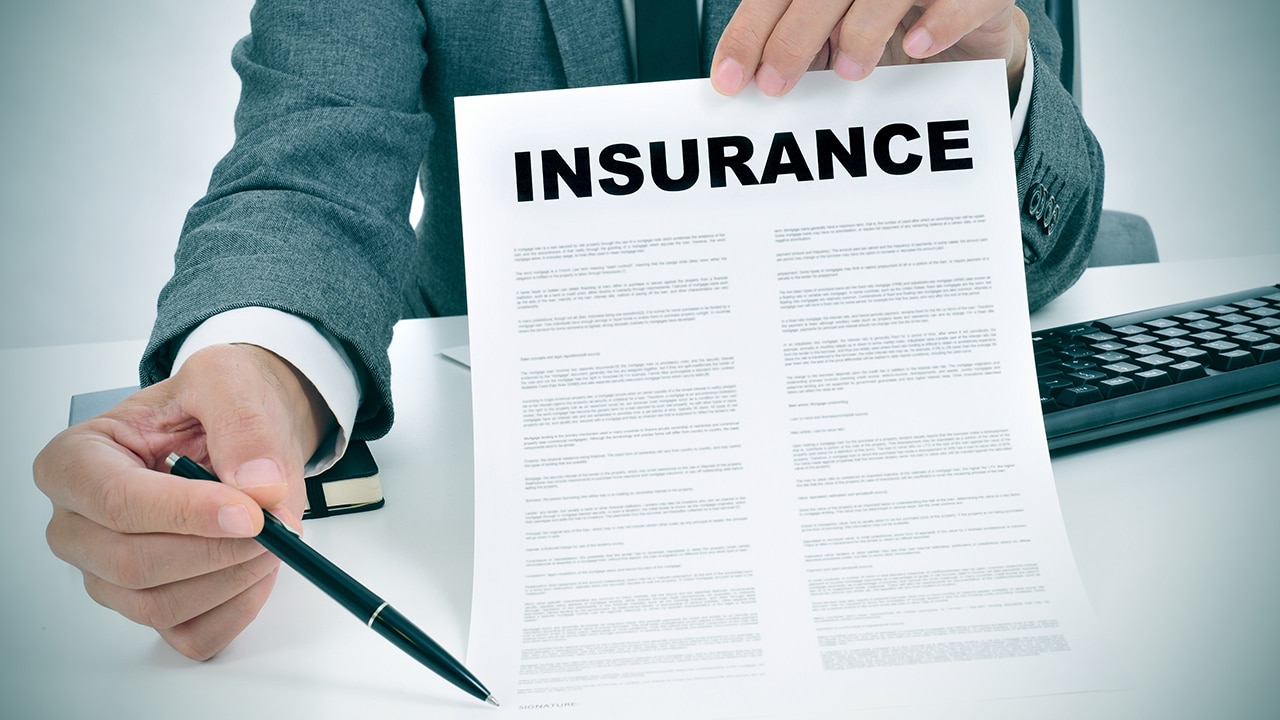
Image Credit: Shutterstock.
New cars typically come with higher insurance premiums. Insurance companies set rates based on the value of the car. So it follows that a more expensive, newer model costs more to insure than an older, less valuable vehicle.
The logic is simple: the more valuable the car, the more it costs the insurance company to repair or replace it if you have an accident or your lovely new vehicles gets stolen. So you have to pay higher premiums. Additionally, if you finance your car, the lender may require more comprehensive insurance coverage, further increasing your insurance costs.
#3. Expensive Financing Options

Image Caption: Arthon meekodong via Canva.
Many new car buyers, understandably, finance their purchases. But the interest on car loans adds a hefty sum to the total cost, making the car much more expensive over time than its sticker price suggests.
The longer the loan term, the more interest you’ll end up paying. Even with low-interest rates, these costs can accumulate, making your affordable car not so affordable. Remember to consider the total cost of ownership, including these financing charges, when deciding whether to buy a new car.
#4. Longer Loan Terms

Image Credit: Shutterstock.
Longer loans mean you’re in debt longer, and you’ll pay more interest over the life of the loan, increasing the overall cost. While monthly payments may be lower, the extended payment period leads to paying much more than the car’s actual value.
Extended financial commitments like a car loan also limit your flexibility with future financial decisions, as a significant portion of your income is tied up for many years.
#5. Overbuying Due to Financing

Out of budget. Worried young woman working with financial papers find out unplanned expenses debts. Concerned businesswoman pay fee penalty online at home office or lose money as bad investment result
Longer loan terms can be deceptive, making it seem like you’re paying less for the car. This often leads to overbuying – choosing a more expensive car than you can realistically afford. The allure of low monthly payments can tempt you into purchasing a luxury car that stretches your budget.
Just be aware that this could lead to financial stress and difficulty in managing other expenses. Consider the monthly payment as well as the total price of the car and how it fits into your long-term financial plan.
#6. Rapid Technology Obsolescence

Image Credit: Shutterstock.
Thanks to rapidly evolving technology, just like new computers and phones, new cars quickly become outdated. The cutting-edge features you pay a premium for today might be standard in just a few years, diminishing your car’s value and appeal.
Fast-paced technological advancement means that the high-tech car you buy today might lose its wow factor very quickly, resulting in a lower resale value. Keeping up with the latest tech trends in vehicles can result in you finding yourself wanting to upgrade sooner than necessary.
#7. The Temptation of Unnecessary Features
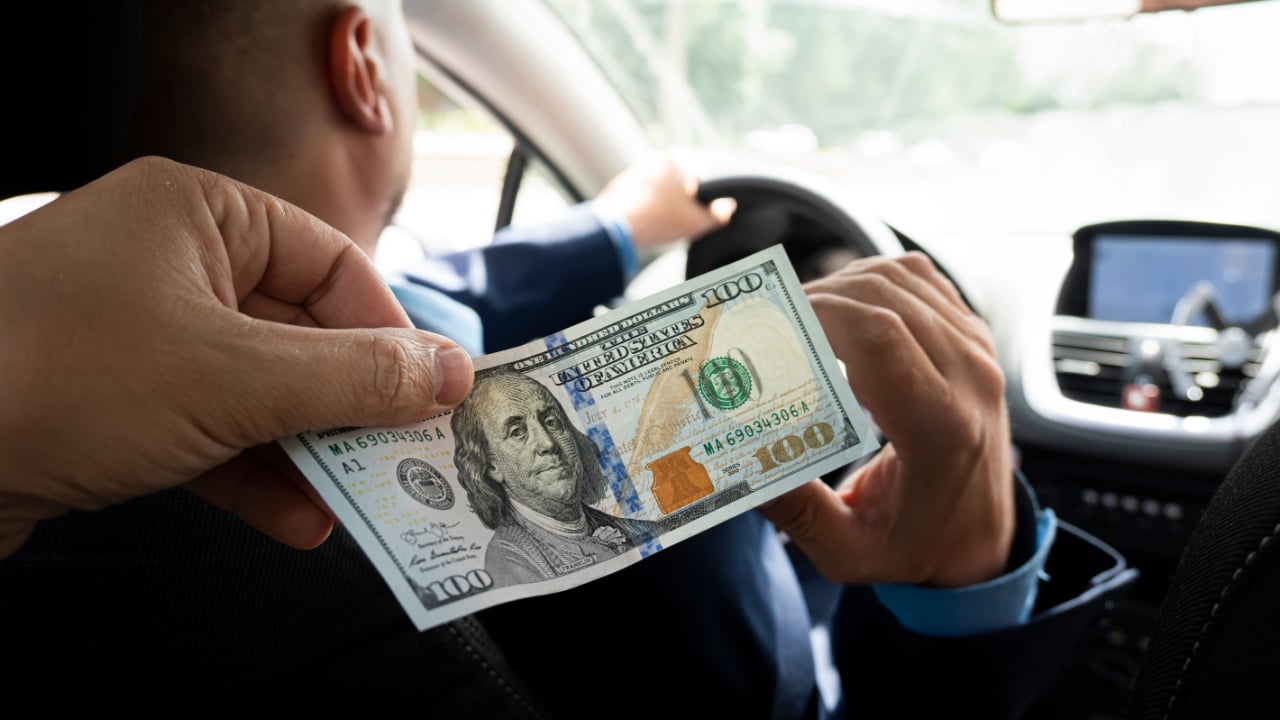
Image Credit: Shutterstock.
New cars come with fancy features, many of which you don’t need. Extras significantly increase the cost of the car without providing substantial value. Luxuries like heated seats, high-end sound systems, and advanced navigation are enticing, but they’re often overpriced and add little to the car’s functionality. When these features become obsolete or are no longer in vogue, they do little to retain the car’s value.
#8. The Impact on Your Budget

Image Credit: Shutterstock.
A new car payment is a substantial monthly expense. Can you really afford is or will it strain your budget? How about if unexpected financial needs arise? Really consider whether you can manage this significant portion of your budget alongside other expenses like housing, utilities, and savings.
Additionally, the psychological burden of a large, recurring payment can lead to financial stress. Think about how a car payment fits into your overall financial picture, including emergency funds and long-term savings goals.
#9. Opportunity Cost

Image Credit: Shutterstock.
The money you spend on a new car could be invested elsewhere. This opportunity cost – what you give up in potential investment returns – is a significant financial consideration. Instead of allocating thousands to a depreciating asset, that money could be growing in an investment fund, retirement account, or even a high-interest savings account. Over time, the compounding effect of these investments can far outweigh the benefits of owning a new car.
In 10 years, I’d much rather have a tidy sum from investment returns than an old beaten up care that I’ll sell at a huge loss.
#10. Higher Registration Fees
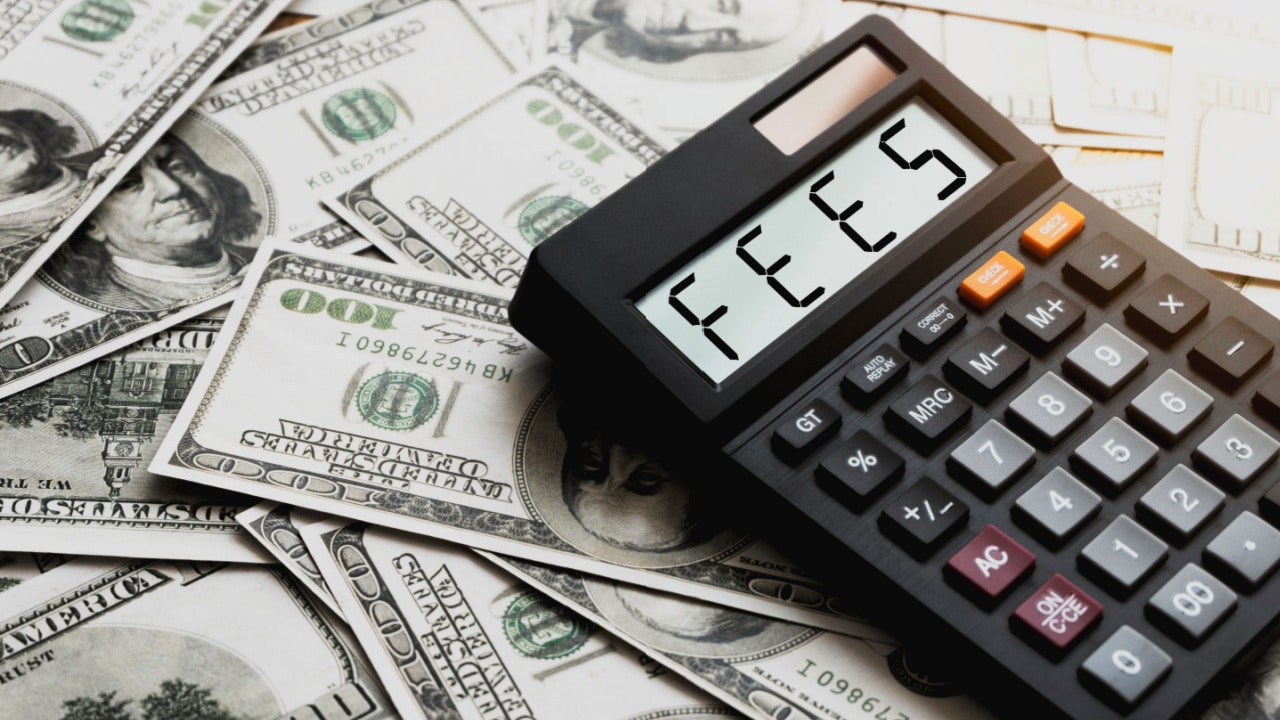
Image Credit: Shutterstock.
Many states base registration fees on the car’s value and age. New cars often come with higher registration fees, adding to the overall cost of ownership. This ongoing expense, often overlooked in the excitement of buying a new car, makes the new car an even more expensive proposition over its lifespan.
#11. The Burden of Sales Tax

Image Credit: Shutterstock.
When you buy a new car, you’ll pay sales tax on the purchase price, which adds a considerable amount to the total cost, especially in states with high sales tax rates.
For a high-value item like a new car, the sales tax amounts to a substantial sum, further inflating the actual price you pay.
#12. Dependent on Financing Approval

Image Credit: Shutterstock.
If you need to finance your new car, you’re dependent on getting loan approval. This can be an issue if you have less-than-perfect credit, leading to higher interest rates or even denial of financing.
#13. Negative Equity Risk

Image Credit: Shutterstock.
If your car depreciates faster than you’re paying off the loan, you could end up in negative equity – owing more on the car than it’s worth. This is a precarious financial position to be in. It can complicate selling the car or trading it in for a new one, as you’ll need to cover the gap between the car’s value and the remaining loan balance. This scenario is particularly common with long-term loans and can trap you in a cycle of debt.
#14. The Seduction of Leasing

Image Credit: Shutterstock.
Leasing a new car might seem like a good deal, but it can be a financial trap. You’re essentially renting the car for a set period and will have nothing to show for it at the end of the lease term.
While monthly lease payments can be lower than loan payments, you’re bound by mileage limits, potential damage fees, and no equity in the vehicle. At the end of the lease, you either return the car or buy it at a residual value, often leading to more expenses.
#15. Maintenance and Warranty Misconceptions

Image Credit: Shutterstock.
While new cars come with warranties, many also require specific maintenance schedules to keep the warranty valid. This maintenance is costly and is often more frequent than with older vehicles.
Dealerships may also charge more for services that can be done at a lower cost elsewhere, but stepping outside dealership services can void the warranty. This catch-22 can lead to higher maintenance costs throughout the warranty period.
#16. The Pressure of Keeping Up Appearances

Image Credit: Shutterstock.
There’s often social pressure to have a new car, but this desire to keep up with others can lead to poor financial decisions. The status associated with a new car is fleeting and not worth the financial strain. In the pursuit of impressing others, you may find yourself overspending and under-saving, affecting your financial stability and future goals. Make car-buying decisions based on practicality and affordability, rather than societal expectations.
#17. Increased Property Taxes

Image Credit: Shutterstock.
In some areas, property taxes on vehicles are based on their value. A new, more expensive car will leads higher property taxes compared to an older, less valuable model. This recurring annual expense adds up over the years, making the new car more expensive than anticipated. This is especially significant for luxury or high-value vehicles, where the tax rate can make a noticeable difference in annual expenses.
#18. The Cost of Customization
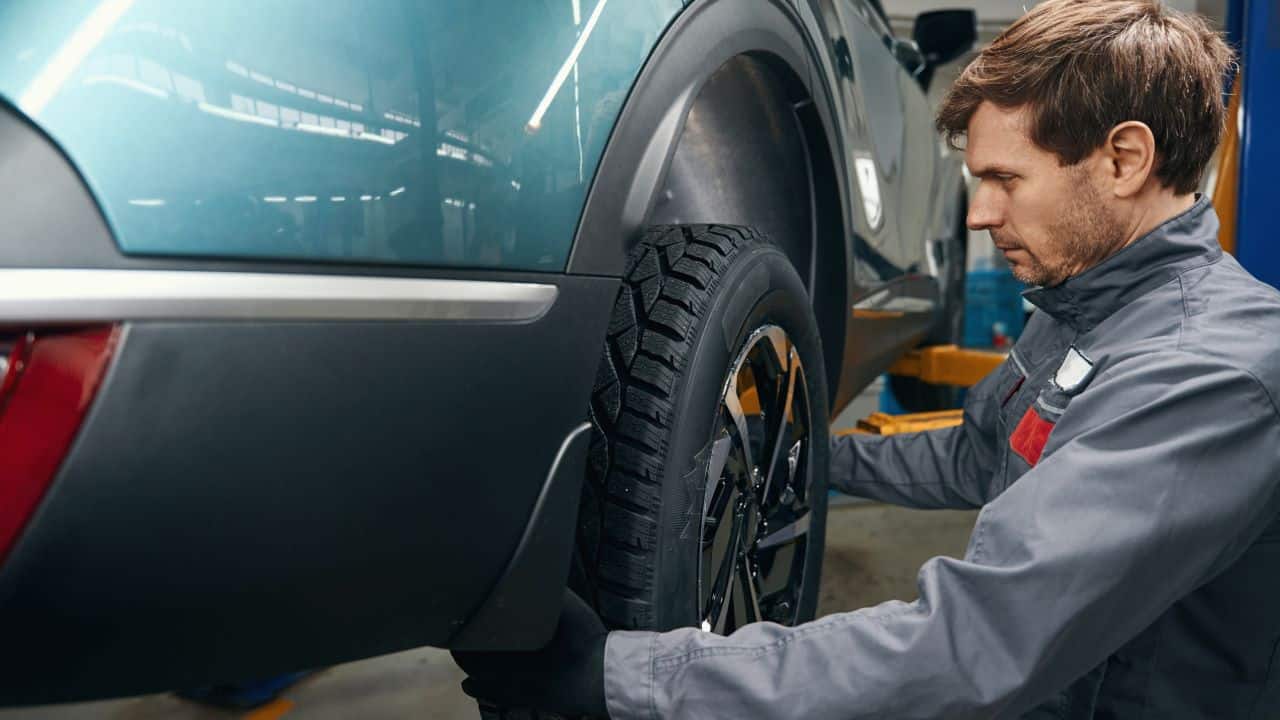
Image Credit: Shutterstock.
New cars offer customization options – color, trim, accessories – but these come at a premium. Customizing your car can significantly increase its cost without necessarily adding to its resale value. These personalizations, while satisfying, are often specific to your taste and may not appeal to future buyers, making them a poor investment. Additionally, dealerships typically charge much more for these add-ons compared to aftermarket options.
#19. The Illusion of Zero Maintenance
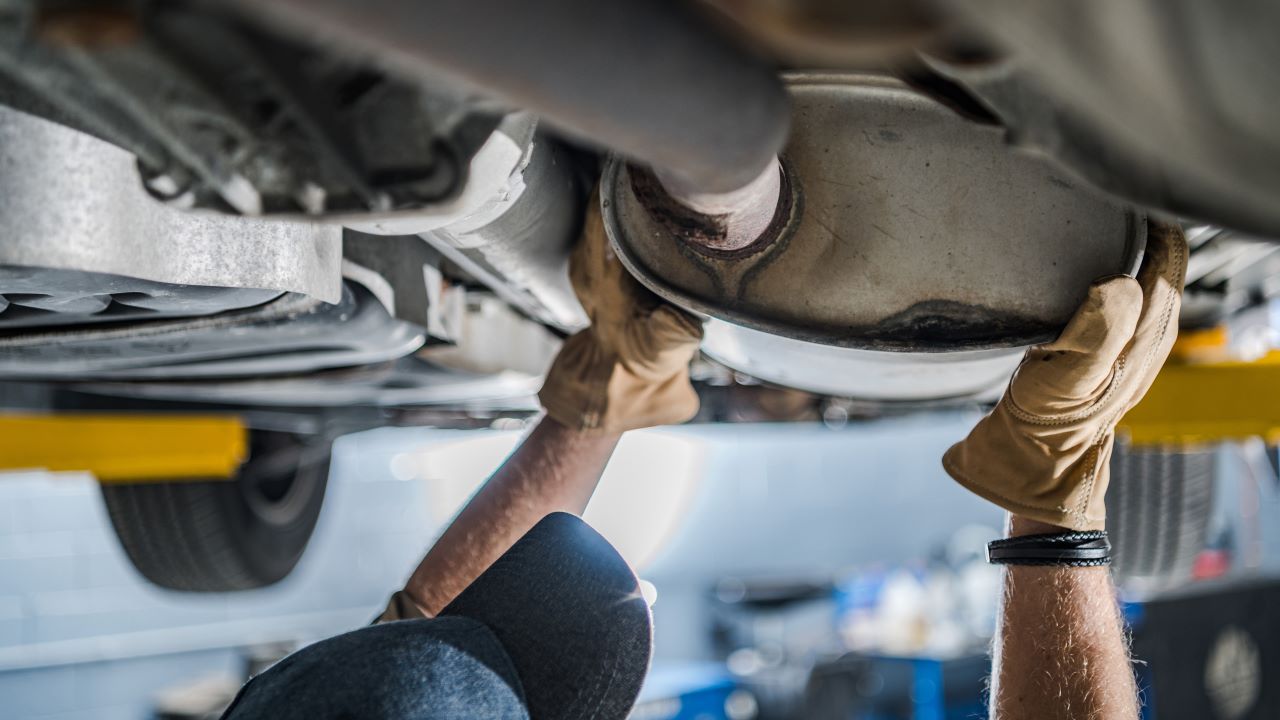
Image Credit: Shutterstock.
While new cars generally require less maintenance initially, they are not maintenance-free. Regular upkeep is still necessary, and once the warranty expires, repair costs can be surprisingly high.
Even with a warranty, not all maintenance and repairs are covered, and you may still incur expenses for routine services. As the car ages, the cost of maintaining it can increase, especially for models known for their complexity and expensive parts.
#20. The Environmental Impact

Image Credit: Shutterstock.
Producing a new car has a significant environmental impact. The manufacturing process consumes resources and emits pollutants, contributing to environmental degradation. If you’re environmentally conscious, buying a new car contributes to this impact, whereas buying used does not. Opting for a pre-owned vehicle can be a more sustainable choice, as it extends the life of an existing car and reduces the demand for new car production, thereby having a lesser impact on the environment.
#21. The Temptation of Easy Trade-Ins
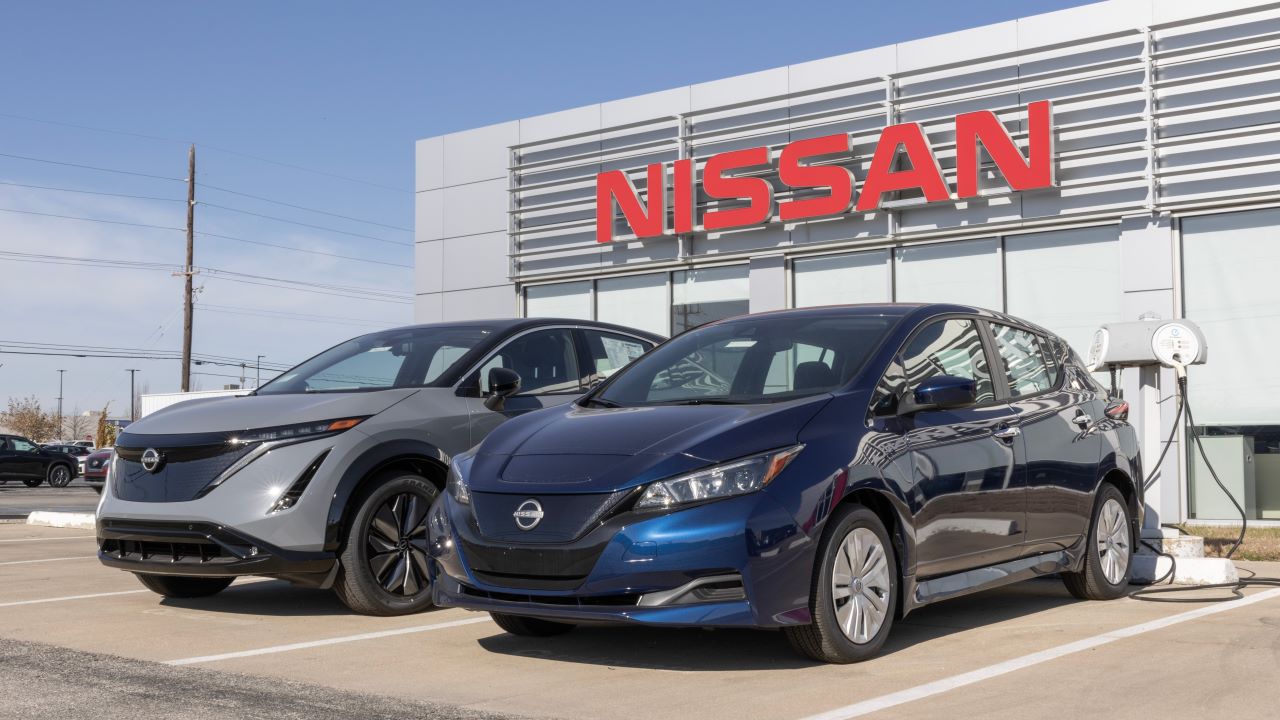
Image Credit: Shutterstock.
Dealerships make trading in your current vehicle for a new one seem easy and appealing. However, you’re likely to get less value for your trade-in than if you sold it privately. Dealerships aim to make a profit on trade-ins, offering you less than the market value. This lower trade-in value can then be rolled into the cost of your new car purchase, effectively increasing the amount you pay. Selling your old car privately may require more effort but can result in a better financial return.
#22. The Risk of Recalls

Image Credit: Shutterstock.
New cars are not immune to recalls. Buying a brand-new model means you might be more likely to face recalls as manufacturers work out new vehicle kinks. These recalls are inconvenient and time-consuming. In some cases, they may also point to larger issues with the car’s reliability and safety.
#23. The Draw of Extended Warranties

Image Credit: Shutterstock.
Dealers often push extended warranties on new cars, but these are costly and often unnecessary. While they offer peace of mind, many extended warranties come with fine print and exclusions that limit their usefulness. The likelihood of requiring repairs that justify the cost of the warranty is often low, especially in the first few years when the car is less likely to encounter major issues.
#24. The False Economy of Fuel Efficiency

Image Credit: Shutterstock.
While new cars might offer better fuel efficiency, the savings at the pump are often offset by the higher overall cost of the car. The premium paid for a new, fuel-efficient vehicle can often outweigh the savings made from reduced fuel consumption.
Calculate whether the fuel savings truly justify the higher price tag. Consider the total cost of ownership, including depreciation, insurance, and financing, alongside fuel efficiency, to get a true picture of cost and savings.
The post – 24 Costly Mistakes in New Car Deals – first appeared on Mechanic Insider.
Featured Image Credit: Shutterstock / Roman Samborskyi
For transparency, this content was partly developed with AI assistance and carefully curated by an experienced editor to be informative and ensure accuracy.



